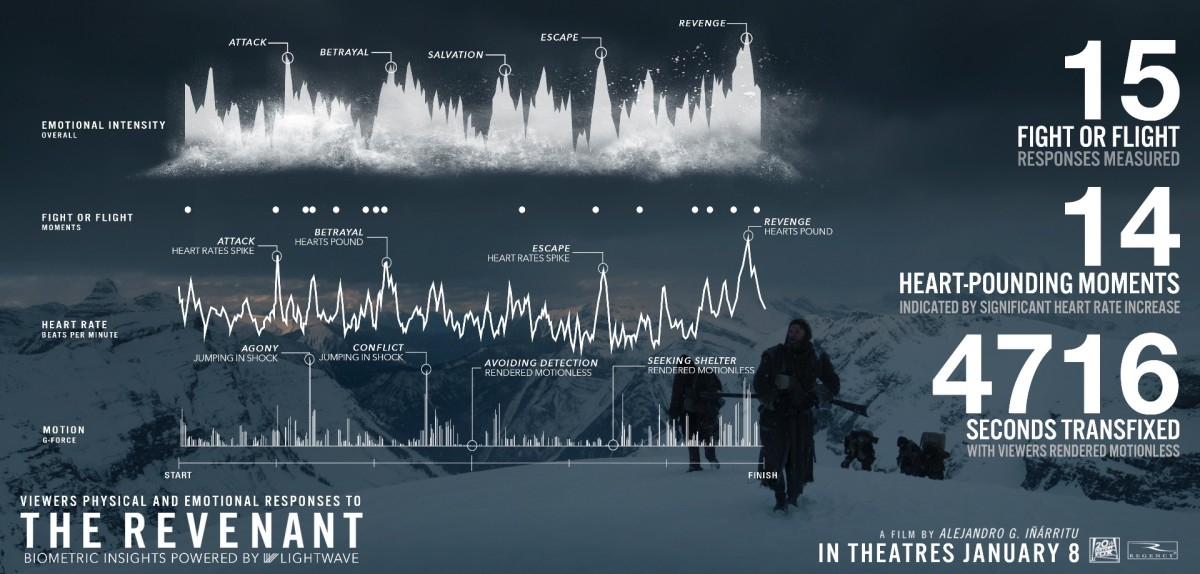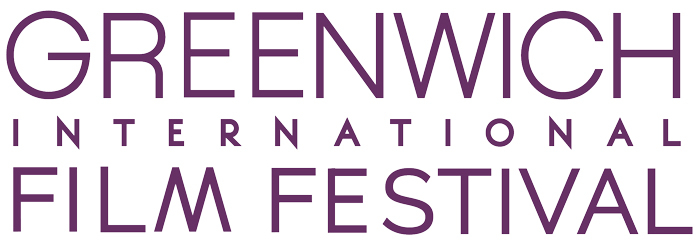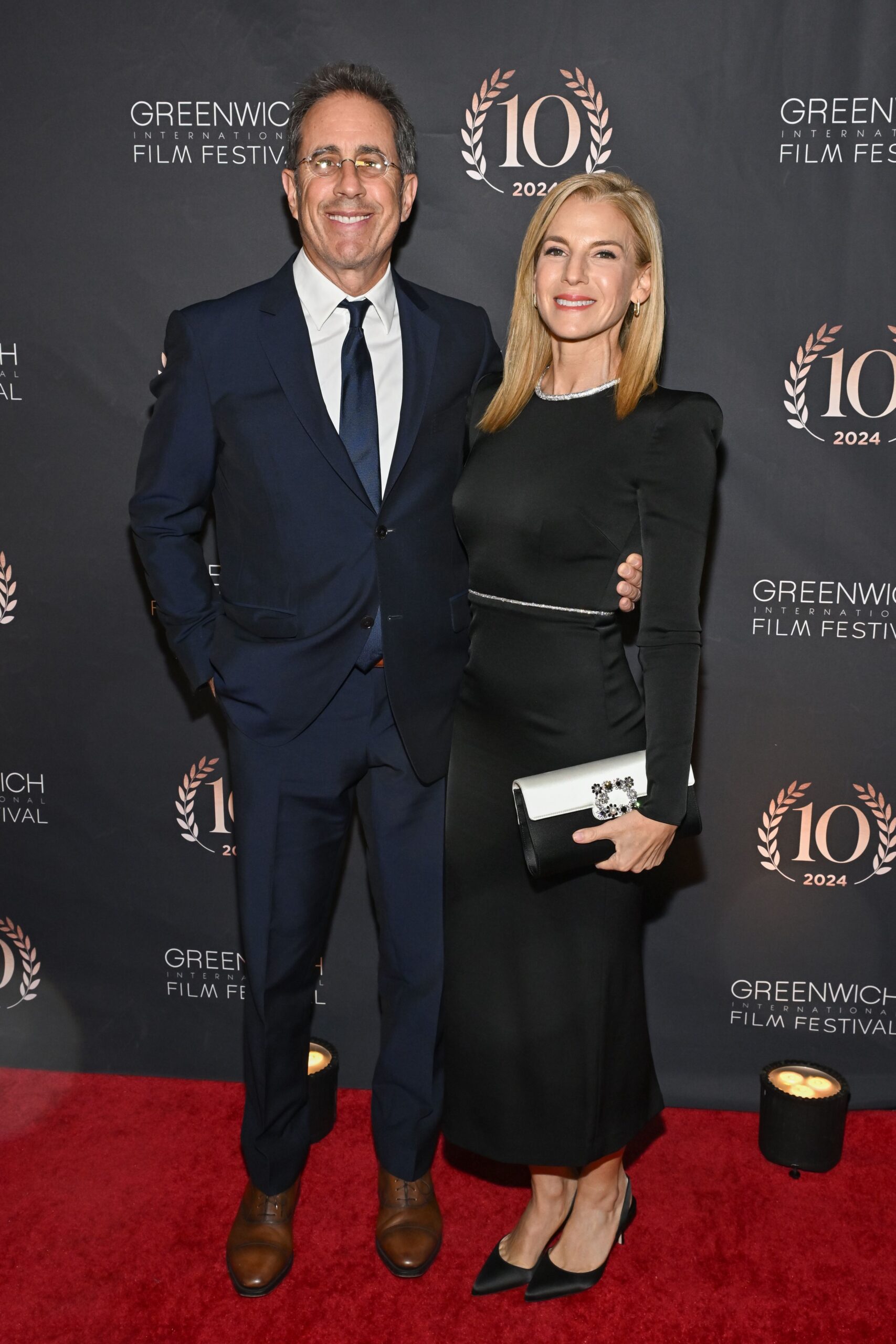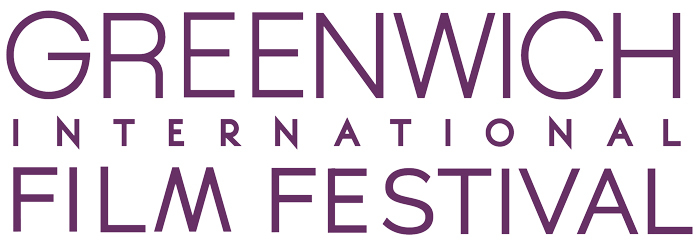What makes a great film? Everyone has their own answer to this question. For years Hollywood has tried to figure out whether a film would be successful based on the audience response to it. Whether it’s test screenings to determine if film’s ending works or not (that Directors are inevitably going to want to ignore), or the typical pre-hype screenings that give away free tickets to build up word-of-mouth before a film gets savaged by critics, the industry is always looking for audiences to tell them if what they just made was good.
In the last 20 years Hollywood has even gotten surprisingly scientific in the process. The field of neurocinematics pioneered in the early 2000s by Princeton Psychology professor Uri Hasson involves recording brain data as audiences watch a movie. The results surprisingly showed that many brains are ‘in sync’ as they watch the same film. The fundamental idea was that there must be a way to objectively measure the audience’s attention. Using neurocinematics, Hasson was able to show Darren Aronofsky that the brain activity created by his film Black Swan closely resembled that of patients diagnosed with schizophrenia. In 2015 the company LightWave worked with 20th Century Fox to quantify an audience’s reaction to The Revenant using wearable technology that measured heart rate, pulse, skin temperature, electrodermal activity, and motion. According to the biometric data, the Leonardo DiCaprio film contained 15 fight-or-flight responses, 14 heart-pounding moments, and 4,716 seconds during which viewers were rendered motionless.
Another study used Iron Man 2 to track eye movements and quantify the pieces of the story that captured the audience’s attention the most. Not surprisingly, the audience focused on the dueling superheroes, especially their weapons and faces. Presented with this data, director Jon Favreau commented that those details are the things that were actually there, versus digitally enhanced images or sequences later added to the final cut.

So what’s the best way for Hollywood to figure out whether or not an audience likes a film? Why not just ask them?
As The Greenwich International Film Festival has always been a great place for filmmakers to launch their films to a wider audience, this year GIFF will give attendees the chance to tell the world what their favorite festival flick was. The JPMorgan Audience Award will be announced on Monday May 4th, the day after the 2020 Festival closes, and will reward one lucky filmmaker a $1,000 cash prize, as well as the completely unscientific but 100% true bragging rights that the audience likes their film the best. So when you’re sitting in your seats this year at Bow Tie Cinema finding yourself riveted, or feeling your heart pounding, and wiping tears from your eyes, don’t forget to cast your ballots to help lift one film up as the JPMorgan Audience Award winner. Hollywood needs your data.





